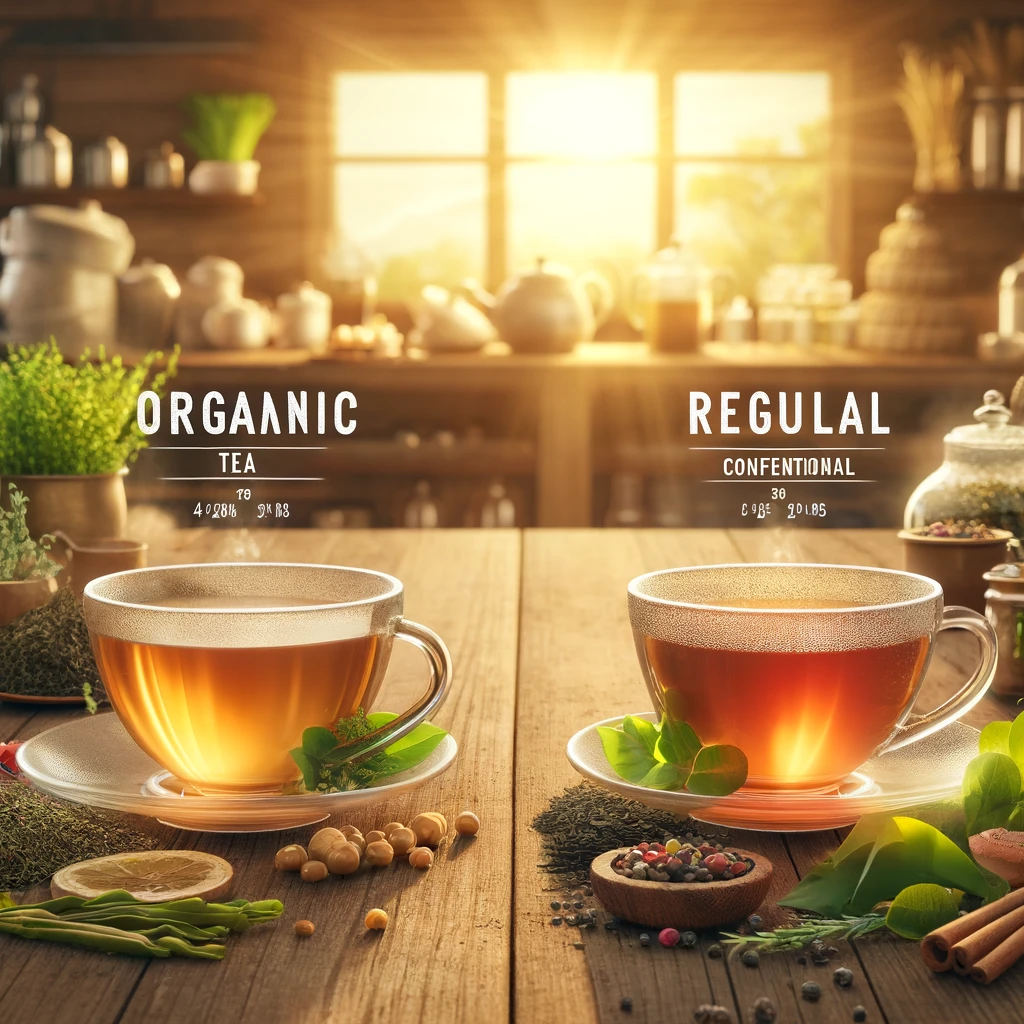Organic vs. Regular Tea: Which Should You Choose?
Choosing between organic and regular tea can be a daunting task for tea lovers. With various options available, understanding the differences is crucial for making an informed decision. In this article, we will explore the key distinctions between organic and regular tea, helping you decide which should be your go-to choice.
What is Organic Tea?
Organic tea is grown without the use of synthetic fertilizers, pesticides, or herbicides. It adheres to strict agricultural standards, ensuring that no harmful chemicals contaminate the tea leaves. Organic farming methods promote biodiversity, enhance soil health, and reduce environmental impact. For more details on the benefits of organic farming, check out USDA.
What is Regular Tea?
Regular tea, on the other hand, may be cultivated using conventional farming methods that can include synthetic pesticides and fertilizers. These practices can result in higher yields but often raise concerns regarding health and environmental safety. According to studies, conventional tea may contain pesticide residues, which can be harmful in the long run. For more information, visit Healthline.
Health Benefits: Organic vs. Regular Tea
- Pesticide Exposure
One of the main concerns with regular tea is the potential for pesticide exposure. Organic tea minimizes this risk, making it a safer choice for health-conscious individuals. Studies have shown that organic products typically have lower pesticide residues compared to conventional ones . - Antioxidants
Both organic and regular teas contain antioxidants, but organic tea is often richer in polyphenols due to its natural growing conditions. These antioxidants can help combat free radicals in the body, promoting overall health. To learn more about the health benefits of antioxidants in tea, visit Verywell Health. - Flavor and Aroma
Many tea enthusiasts argue that organic tea offers a superior flavor and aroma compared to regular tea. The absence of chemicals in the growing process allows the true essence of the tea to shine through, providing a more authentic tea experience.
Environmental Impact
Choosing organic tea can also have a positive impact on the environment. Organic farming practices promote soil health, conserve water, and reduce pollution. By supporting organic tea, you contribute to sustainable agricultural practices that benefit the planet. For insights into sustainable tea farming, check out The Tea Spot.
Conclusion
In conclusion, the choice between organic and regular tea largely depends on your health priorities and personal preferences. While organic tea offers the advantage of reduced pesticide exposure and potentially richer flavors, regular tea remains a more accessible option. Ultimately, both types have their unique merits. For more information and resources on beverages, visit Caffeine Globe for the best streaming services.

